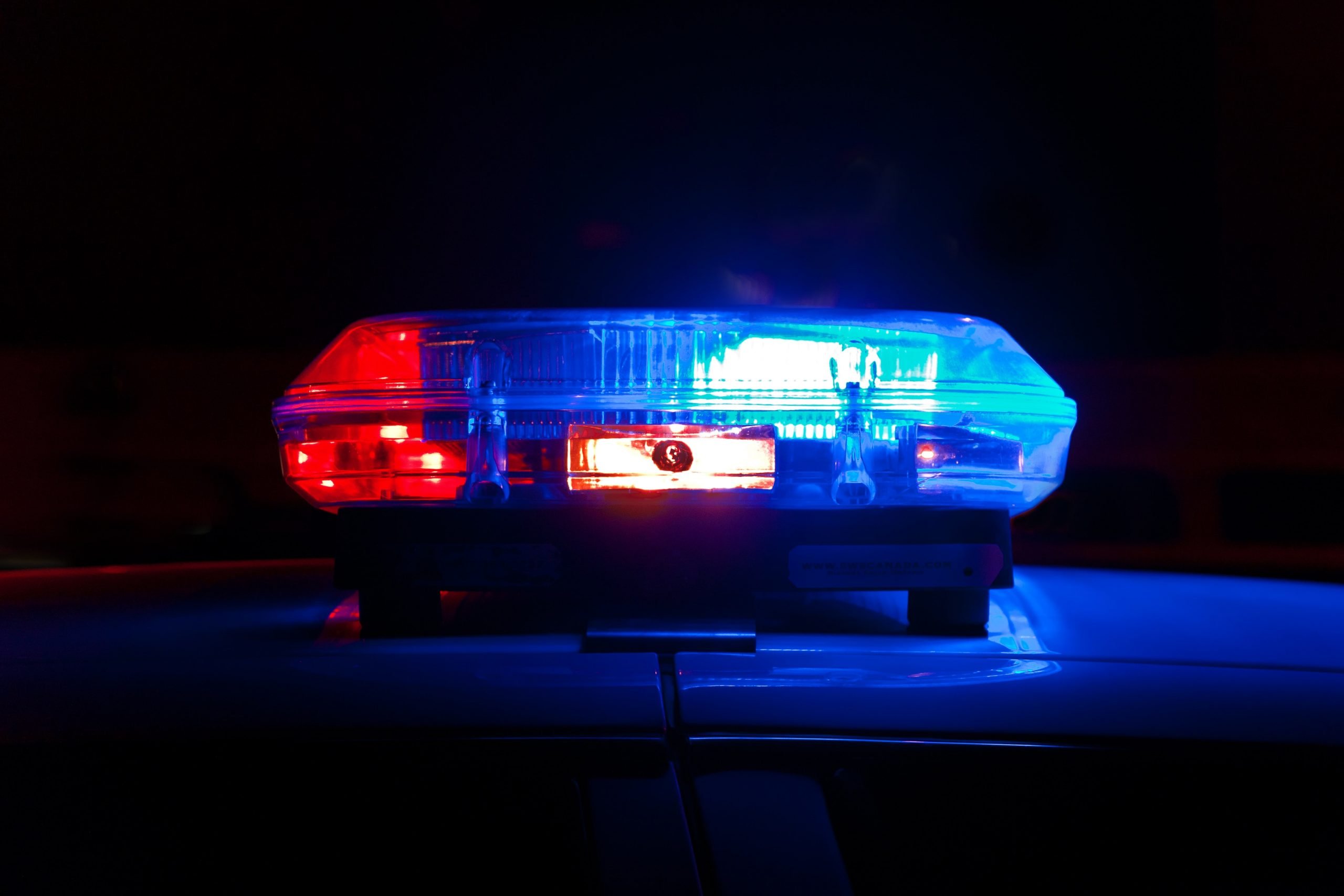
First on Scene: Evidence Collection, Witness Statements, and Crime Scene Documentation
Course Description
First responding officers have the difficult task of not only ensuring the scene is safe, but also preserving and protecting its integrity from
contamination. This workshop, presented by a former supervisor of an Internet Crimes Against Children Division, provides an in-depth look at crime scene investigations and best practices when on-scene. Topics include protecting the public while preserving the crime scene, controlling the scene while ensuring its integrity, documenting the scene, collecting evidence, gathering witness statements. Lastly, we’ll discuss working with witnesses for positive identification of suspects.
contamination. This workshop, presented by a former supervisor of an Internet Crimes Against Children Division, provides an in-depth look at crime scene investigations and best practices when on-scene. Topics include protecting the public while preserving the crime scene, controlling the scene while ensuring its integrity, documenting the scene, collecting evidence, gathering witness statements. Lastly, we’ll discuss working with witnesses for positive identification of suspects.
Learning Objectives
1. Discuss best practices for first responding officers upon arrival at crime scenes, and explore immediate actions needed to preserve and protect the scene.
2. Consider aspects of crime scene documentation and best methods for “capturing” the scene.
3. Examine evidence collection: different types of evidence, chain of custody, and evidence types collection.
Please check out the upcoming training calendar to view upcoming training sessions for individuals, or choose request training to bring a session to your organization.

